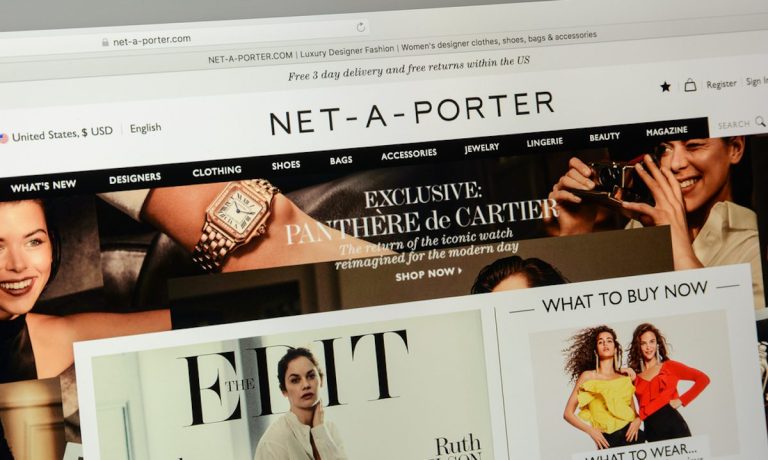Luxury Brands Rush to Own the Resale Experience

Each week, it seems, another luxury brand jumps into the secondhand market. Last week, for example, it was Oscar de la Renta; before that, it was Net-a-Porter; and last month, Valentino launched a project with four international boutiques to create a dedicated resale section on its website.
Many of these brands have been sold and resold on platforms such as The RealReal and Vestiaire Collective for years, but as the growth of the secondhand market continues to pick up speed and supply chain bottlenecks slow the availability of some merchandise, luxury brands are trying to make sure they don’t miss out.
Related news: Luxury Brand Net-a-Porter Steps Into Resale Market
Because it’s luxury, however, brands are not simply showcasing any old dress or blouse — it still has to appeal to the core customer base. Oscar de la Renta says its resale platform, called Encore, is intended to provide customers with a sustainable alternative to buying brand-new items by working with individual clients and vetted vintage sellers to curate an exclusive selection of pieces.
Similarly, Valentino has forged partnerships with vintage stores in Milan, New York, Los Angeles and Tokyo to allow owners of vintage Valentino items to submit them to the boutiques in exchange for store credit to use on new items. In this way, the Italian luxury house gets to resell an item, potentially at a “vintage” premium, while keeping the original customer within the Valentino ecosystem.
Up Against Marketplaces
Many of these brand-led initiatives are up against competition from online marketplaces that have become known for quality secondhand merchandise and may not be facing the same supply constraints associated with new merchandise or nascent resale projects.
Earlier this month, Julie Wainwright, CEO of The RealReal, told analysts on a conference call that her company’s product supply has actually exceeded pre-COVID levels, adding that “we believe we are well-positioned from a supply perspective as we enter the holiday season.”
“Our markets are back,” she said. “We have regional strength and national strength, and I wouldn’t say it’s stability. I would say … we’re exceeding pre-COVID growth levels in our market.”
Read more: Resale Marketplaces See ‘Compelling Opportunity’ as Others Struggle With Supply Chain
However, the brands have customers who may be more trusting of secondhand merchandise that’s been vetted and curated by the brands themselves. Additionally, because the items are curated, it may be easier to find vintage pieces that are still in vogue rather than digitally searching through a marketplace on a mobile device.
Getting Authenticated
Luxury brands also have the advantage of being better able to distinguish a counterfeit item from the real deal, and therefore able to build trust more quickly with secondhand consumers. Vidyuth Srinivasan, CEO of high-value goods authentication platform Entrupy, told PYMNTS in a recent interview that counterfeits are a $3 trillion problem for the retail industry that is growing every day.
Entrupy is a tool powered by artificial intelligence (AI) to help identify fakes and provide labels for items authenticated as real both online and in physical environments such as pawn shops. Srinivasan said his goal is for the company to be “the Verisign of physical goods.”
“It’s not an easy job, but at the same time, I think it’s totally worth it,” he said. “Because I think that the more you have such trustworthy tools, and especially in the simplest way possible … it’s seamlessly integrated.”
See more: Retailers Use AI to Build Trust in Secondhand Luxury, Sneaker Sales